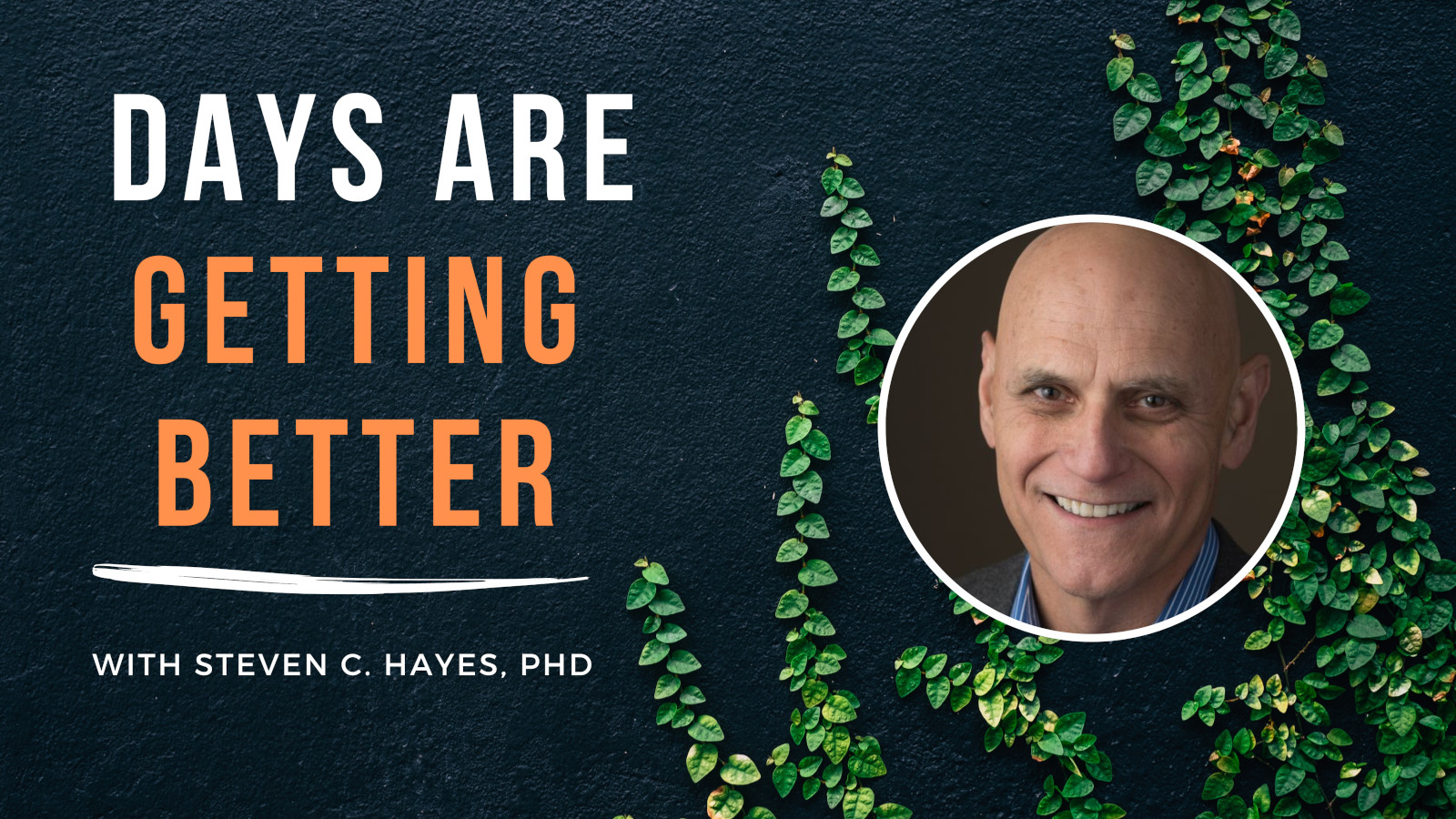Decades ago, as a rising academic, I had to choose between two universities: The prestigious Washington University in St. Louis, or the small backlot of an academy, the University of Nevada in Reno.
The Washington University had Nobel laureates, a cutting edge research facility with a huge endowment, and it was sometimes called Harvard on the Mississippi. It was the dream of every young academic, and I would get to direct their clinical psychology program.
The University of Nevada, on the other hand, was nowhere near as prestigious. Harvard on the Truckee it was not, and the team I’d be joining had not produced any research in years other than a retiring senior faculty member. How could I NOT pick Washington University?
And yet I didn’t. I chose the job in Nevada, and I have never regretted it even a single day.
How To Make Great Choices
Big commitments like the one above require not only a decision, but a choice. You might not know this, but there’s a subtle, important difference between decisions and choices.
A decision is the logical selection between alternatives, and you always have good reasons to back it up, like when you are deciding how to repair your car, do your taxes, or invest money. There are pros and cons, and the problem-solving mind is in charge.
A choice, however, does not need any justification. Yes, you might have reasons, but you don’t depend on them. A choice is made by the whole of you, not just your problem-solving mind. And when you commit to a big change, you better choose with your whole self.
To be clear: This still does not guarantee a good outcome in the mindy sense of “good” (if you want that kind of guarantee, buy a washing machine). However, it does guarantee that the commitment is going to reflect more of you, and is more likely to feel apt or whole.
There is a technique to help people make choices with their whole self, and it is the same I used when I chose Nevada over Washington. It may sound a big hoaky, but give it a try.
Step #1 Do Your Research
Before you make any major commitment, please do your research. What are the pros? What are the cons? And what other factors might influence your choice? Yes, these reasons are the métier of your problem-solving mind, but there’s no need to be caught off-guard by otherwise foreseeable consequences of your choice. Do your research first and know what you can expect with each available option.
Step #2 Explore Your Whole Self
After you have done your research, set it aside. Adopt an open and aware mental posture that is ambiguous and full of felt sense, rather than of pros and cons. This step is not about thinking, but about feeling.
Now look at the choice in front of you in various “whole self” ways. Read and reflect on each of the following questions, but do not let your logical mind take over. Sit with each question and let things percolate from underneath.
- If this choice was a song what song would it be?
- If this choice was a movie what movie would it be?
- If this choice was a famous story what story would it be?
- If this choice was a poem what poem would it be?
- If this choice was a bodily sensation what sensation would it be?
- If this choice was a memory what memory would it be?
Take your time with this exercise. I’m currently collapsing hours or even days of practice into simple phrases. Notice which answers come up and how each makes you feel.
Next, it’s time to get more expressive.
- Consider the choices and move your body in a way that fits each answer.
- Consider the choices and draw an abstract drawing for each.
- Consider the choices and think of each as an image.
- Consider the choices and allow a word to percolate up for each alternative.
Continue in this manner for some time. Do not immediately try to figure it all out. Instead, take your time and collect raw data with an open and aware posture (if you’re looking for more techniques on how to choose commitments and achieve your goals, check out my new book A Liberated Mind).
Why I Chose The Bean Bag
When I pondered whether to go to Washington University or the far less prestigious University of Nevada, I took the time in an almost dream-like state to produce an image that would capture the felt sense of each available choice.
The University of Nevada was a big bean bag chair, so soft that if I sat in it, I sank down until only my eyes could be seen. Washington University, on the other hand, was me directing a play while standing with the actors on a large stage with hundreds of people watching… except the actors were not listening to me and I was naked.
I chose the bean bag.
The concerns I had (“only my eyes could be seen”) turned out to be easy for me to manage. Nevada was indeed comfortable and supportive, but I worked my ass off anyway. Others did the same, and the University of Nevada itself is now, 35 years later, far more advanced. It’s become a cool place for researchers, campus wide. I’m the most cited faculty member at Nevada … but I’d be #9 at Wash U so in terms of “objective success” the choice paid off by either metric.
Would Washington have been just as good for me? Perhaps, but it would have been harder for me to keep my balance.
Logically, Washington University was far more prestigious, better paid, and Acceptance and Commitment Therapy would have been much more important much earlier. But the bean bag quality of the University of Nevada allowed me to do things my way, slowly at times, without self-objectification.
I did not seek large grant support for my work in ACT for several years after being hired — and no Dean harassed me about it. A felt sense said it wasn’t ready yet.
Later the grants came.
I did geeky things at Nevada that only now are noticed, such as the years I spent working out a philosophy of science called functional contextualism, or a basic theory of cognition called Relational Frame Theory. A felt sense said it was important.
Later the attention to the work came.
I didn’t need or want the big stage with a large audience — clothed or naked. I could not then (or even now) fully say why. I could not then (or even now) convince my problem-solving mind I’d made the right decision.
I didn’t have to. The whole of me chose and I never looked back.
BIG commitments (whom to marry, what career to pursue, etc.) are not purely logical. They are psychological. These choices require that you take your whole self into account.
One felt sense at a time.







